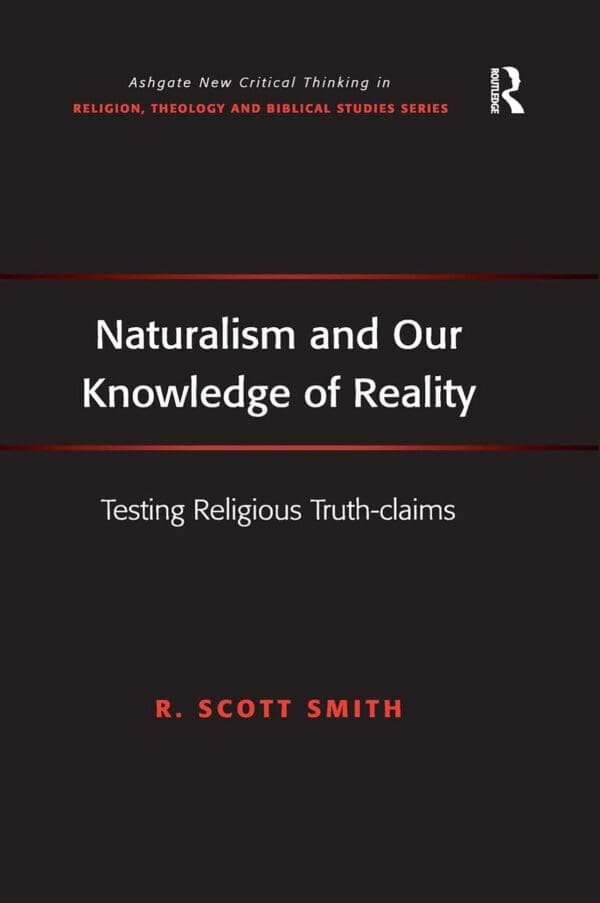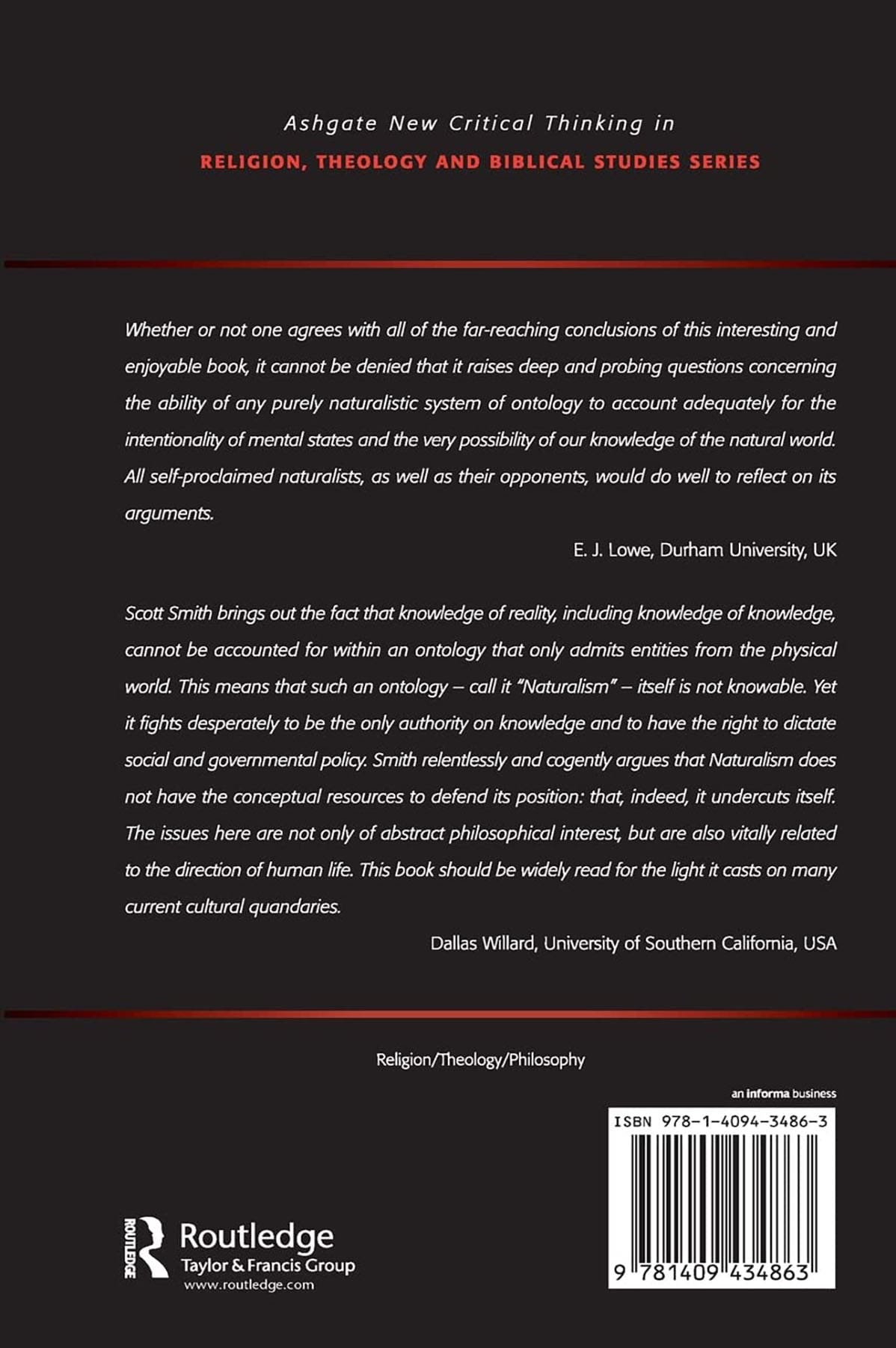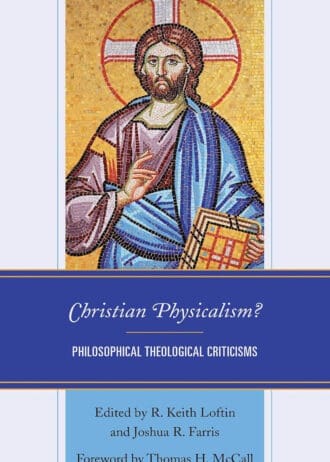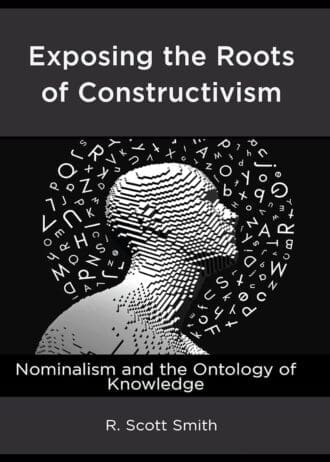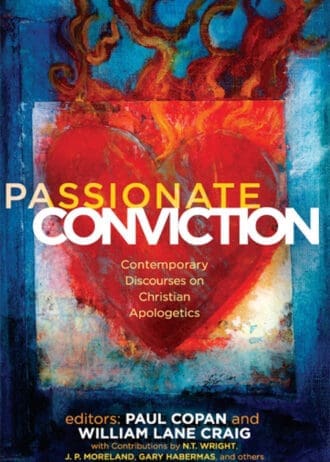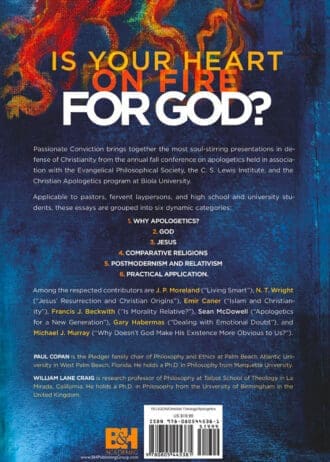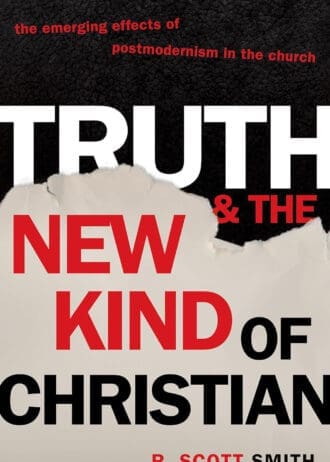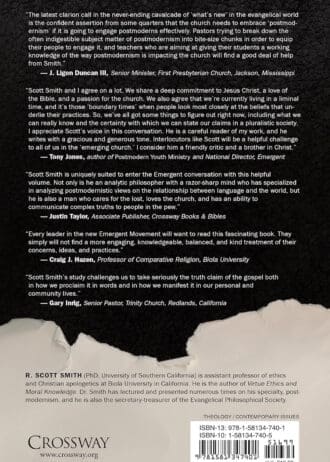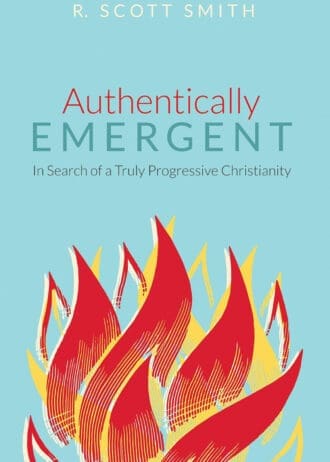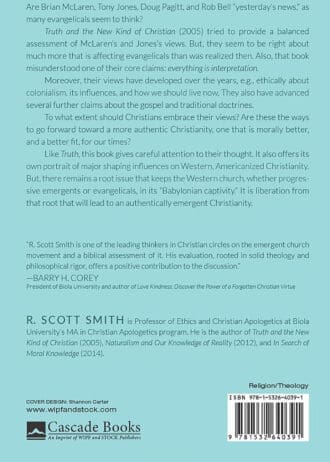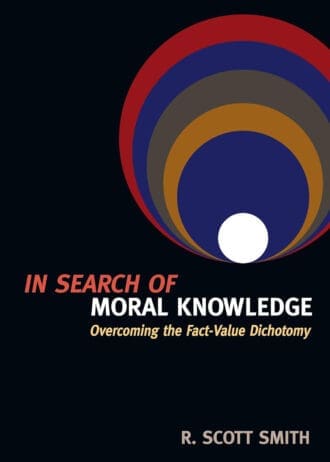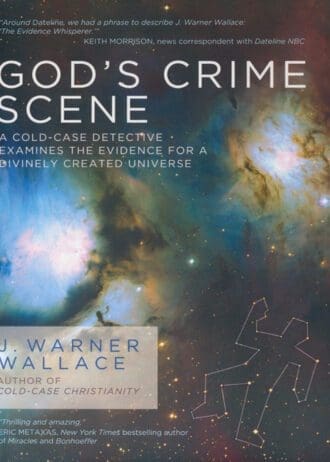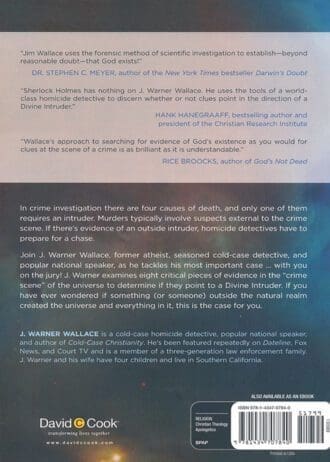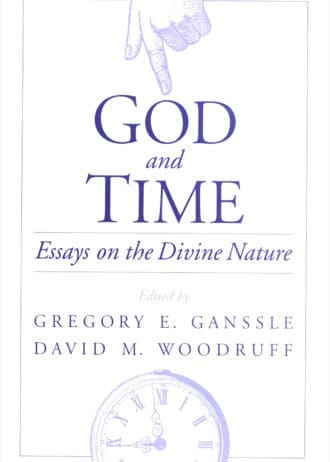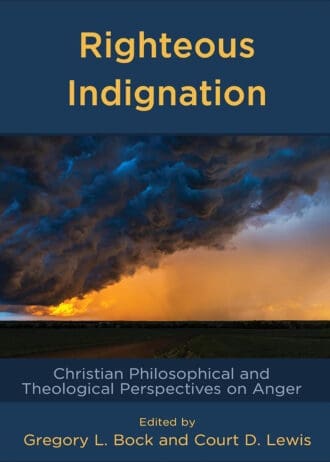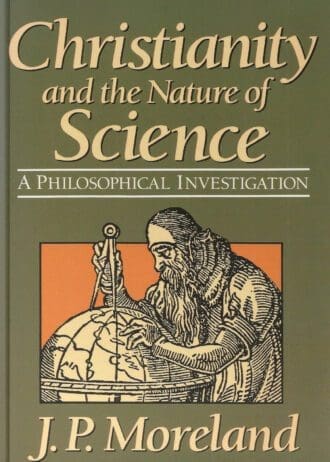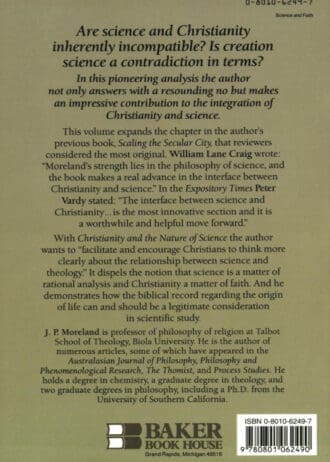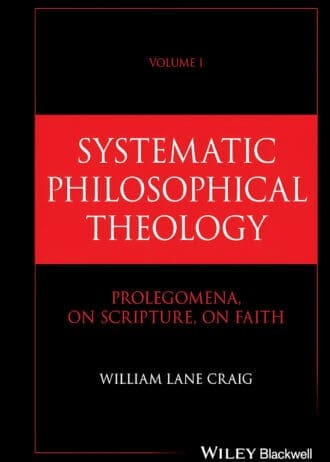Philosophical naturalism is taken to be the preferred and reigning epistemology and metaphysics that underwrites many ideas and knowledge claims. But what if we cannot know reality on that basis? What if the institution of science is threatened by its reliance on naturalism? R. Scott Smith argues in a fresh way that we cannot know reality on the basis of naturalism. Moreover, the “fact-value” split has failed to serve our interests of wanting to know reality. The author provocatively argues that since we can know reality, it must be due to a non-naturalistic ontology, best explained by the fact that human knowers are made and designed by God. The book offers fresh implications for the testing of religious truth-claims, science, ethics, education, and public policy. Consequently, naturalism and the fact-value split are shown to be false, and Christian theism is shown to be true.
Book Insights from Scott Smith
While in my PhD program at USC, Dallas Willard helped me understand “constructivism.” This is a family of views that maintains that we cannot access and know reality directly. So, somehow “reality” is just a construct. Relatedly, due to some views about the nature of what is real, we end up not being able to know reality directly; it too must be a construct. Then, I was working on my dissertation (and subsequent book) on how this happens with various postmodern authors in ethics.
But, while teaching a class based on that book, I began to see how the same also could extend to naturalism, (i.e., all that is real is the “natural;” there is nothing supernatural). That insight moved me to address the major forms of naturalism, to see if they could enable us to know reality, for that is one of naturalism’s greatest perceived strengths. For instance, science based on naturalism [supposedly] gives us knowledge of reality. But as I argued in this book, naturalism cannot do any such thing. At best, all our “knowledge” is just a human construct; at worse, we cannot begin to know anything. Due to the entrenched strength of naturalism in culture, I use these insights to speak and teach our apologetics students, to help refute naturalism.
Editorial Reviews
Whether or not one agrees with all of the far-reaching conclusions of this interesting and enjoyable book, it cannot be denied that it raises deep and probing questions concerning the ability of any purely naturalistic system of ontology to account adequately for the intentionality of mental states and the very possibility of our knowledge of the natural world. All self-proclaimed naturalists, as well as their opponents, would do well to reflect on its arguments.
E. J. Lowe, Durham University, UK
Scott Smith brings out the fact that knowledge of reality, including knowledge of knowledge, cannot be accounted for within an ontology that only admits entities from the physical world. This means that such an ontology – call it “Naturalism” – itself is not knowable. Yet it fights desperately to be the only authority on knowledge and to have the right to dictate social and governmental policy. Smith relentlessly and cogently argues that Naturalism does not have the conceptual resources to defend its position: that, indeed, it undercuts itself. The issues here are not only of abstract philosophical interest, but are also vitally related to the direction of human life. This book should be widely read for the light it casts on many current cultural quandaries.
Dallas Willard, University of Southern California, USA
… Smith’s book ought to provoke a considerable re-assessment of the authority invested in naturalism throughout public life. I strongly recommend this powerful and incisive book.
Evangelical Philosophical Society
… Smith’s Naturalism and Our Knowledge of Reality devastatingly critiques philosophical naturalism, given knowledge of reality. Philosophers need to familiarize themselves with this important work.
Themelios
S.’s text is a provocative response to a prevailing contemporary philosophical position. Those interested in the merits and faults of philosophical naturalism will find much with which to engage.
Theologische Literaturzeitung

